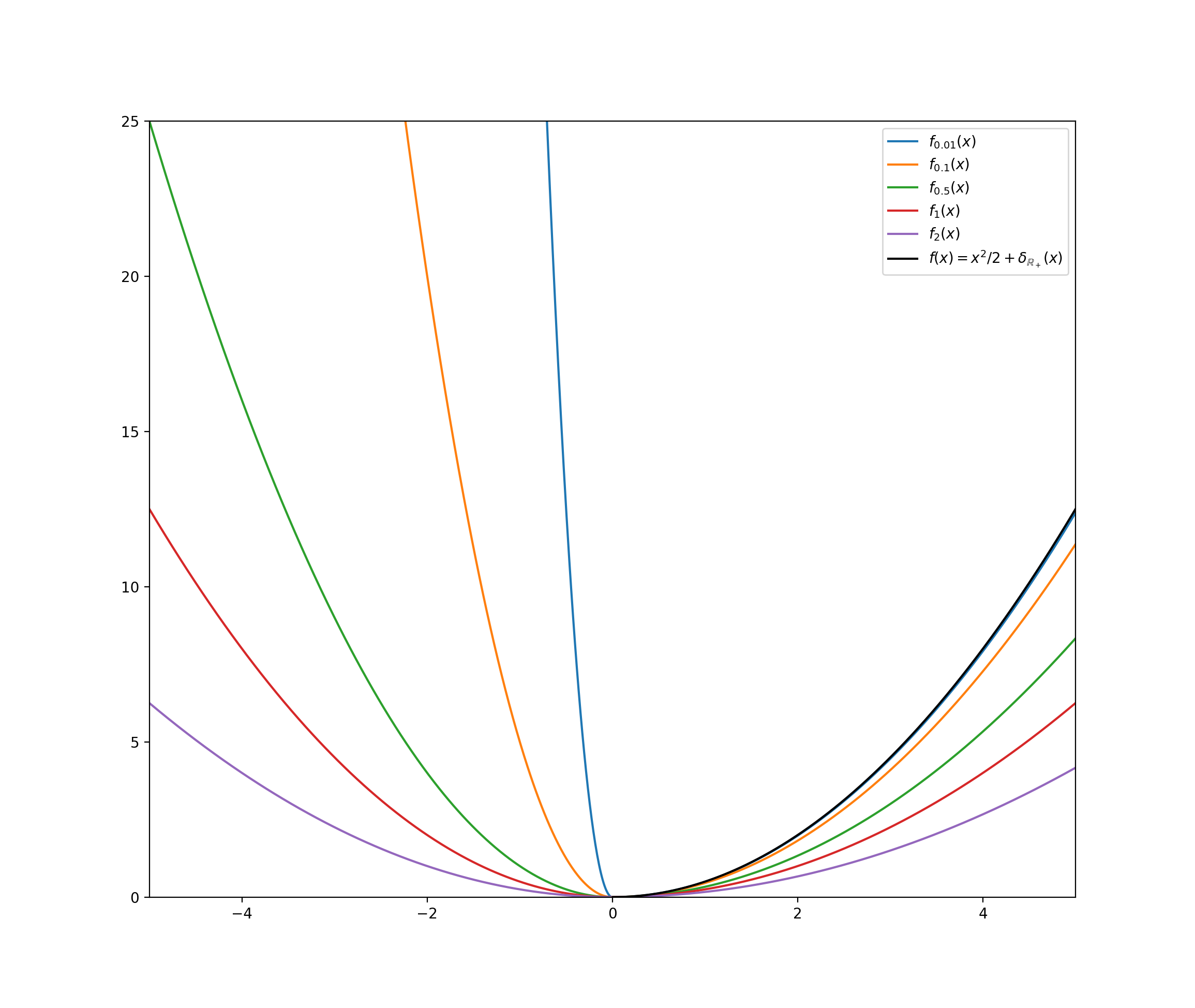Proximal Operators for Nonnegative Inverse Problems
Spring 2021
Master Semester Project
Project: 00410

Reconstruction algorithms based on proximal optimization are
critical to many imaging systems across science and medicine. Identifying
strategies to reduce their computational demands is
therefore of utmost importance. In our previous work [1], we identified
that some common image regularizers admit proximal operators that combine
well with nonnegativity constraints, enabling reduced splitting and thereby
cheaper and faster computations. The goal of this project is to empirically
explore other common regularizers and their proximal operators in order to
discover more cases in which performance can be improved. Depending on the
evolution of the project and the preferences of the student, there is an
option to delve on the underlying theory [2].
The student should be a proficient programmer, and the preferred development
languages are Python or Matlab.
References:
[1]: Pol del Aguila Pla and Joakim Jaldén, Cell detection by functional inverse diffusion and non-negative group sparsityPart II: Proximal optimization and Performance evaluation, IEEE Transactions on Signal Processing, vol. 66, no. 20, pp. 5422-5437, 2018
[2]: S. Adly, L. Bourdin, and F. Caubet, On a decomposition formula for the proximal operator of the sum of two convex functions, Journal of Convex Analysis, vol. 26, no. 3, pp. 699-718, 2019.
- Supervisors
- Pol del Aguila Pla, pol.delaguilapla@epfl.ch
- Michael Unser, michael.unser@epfl.ch, 021 693 51 75, BM 4.136